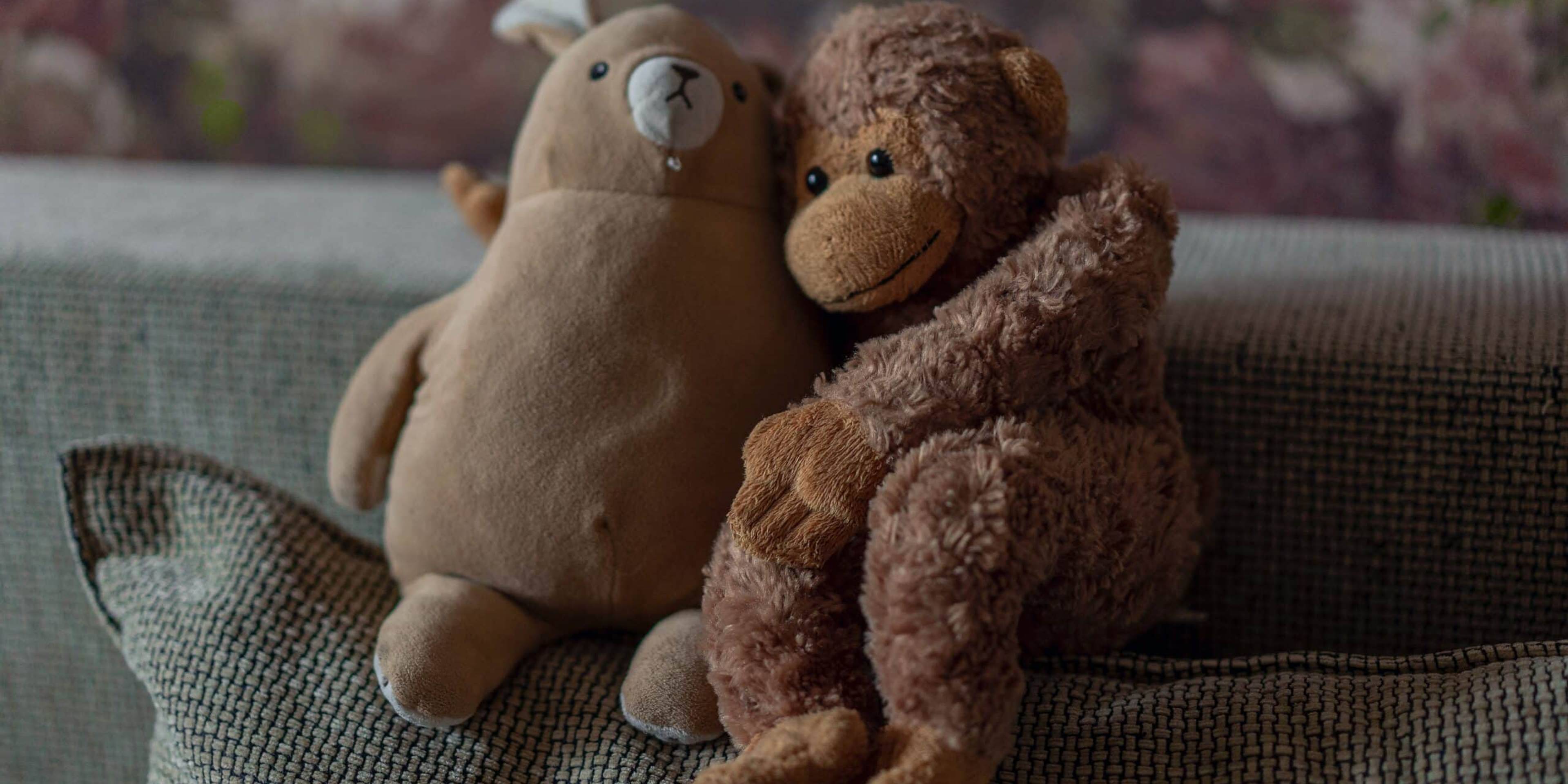March 17, 2021
In Giving We Receive
By Dr Kathy Weston

Reflect
Parenting often means living in a state of constant emotional ambivalence. In England, pupils returned to school last week. Many parents may have dropped off children rather enthusiastically, only to return home to a disturbing domestic silence.
No longer will our days be punctuated by shout-outs for technical assistance, requests for mid-morning snacks or help with classwork. Instead, many of our children have returned to the cut and thrust of the school day; the ritualistic movement between classes, cheerful interaction with their peers and school staff, school assemblies and the familiar sights, sounds and smells of school buildings. Mental health researchers are anticipating a positive impact on both parent and child wellbeing and that is a truly exciting prospect.
After the excitement and strangeness of the first week back, Mothering Sunday highlighted some discrepancy in the approach to acts of kindness in my family. My youngest created an origami butterfly and listed all the ways in which he feels supported by me, penned within a homemade card. My older teen purchased a card that seemed to imply maternal dependency on chocolate and wine; his offering was tinged with affectionate mockery, though it was still welcome!
Motivate
Whilst Mother’s Day is arguably a commercial invention designed to drive card sales, celebratory days do give us an opportunity to be thoughtful. A big part of parenting involves, or should involve, instruction around the importance of kindness.
I interviewed researcher Dr Jess Datu earlier this week, whose work at Hong Kong University focuses on the importance of teaching kindness. I learnt that kindness isn’t just a simple act of giving to another person; it can also have far reaching psychological and social consequences for the giver. Kindness can smooth relationships, boost physical health and wellbeing and cultivate positive emotions in others.
Parents and teachers consider kindness to be one of the virtues that they hope children will develop (Seligman, et al, 2009), but we should also recognise that we can actively and purposefully help them to cultivate it. One of the most powerful, evidence-based actions that we can adopt at home or in school is ‘counting’ acts of kindness by creating a list of ideas and ticking them off as we perform them. Consider supplementing this activity by encouraging children to reflect on how being kind makes them feel and what they have learned about themselves in the process. Altruism is one of the greatest levers for boosting children’s self-esteem, so why not turn kindness into an everyday habit within your family life?
Schools can go further, by creating a ‘kindness curriculum’. Perhaps this could increase the attention given to kindness as an overarching theme, across all subject areas. Or, in its simplest form, it could simply mean routinely and specifically rewarding acts of kindness. Classrooms could have a voting box where pupils can report acts of kindness by classmates (and perhaps also by adults within the school), turning kindness into a highly valued social act that generates peer praise.
It is worth remembering that acts of kindness take place both off and online; a fact that is shaping an emerging interest in kindness-based media literacy programmes in schools, where young people are taught about the benefits of being kind online and to anticipate the consequences of online actions.
Support
Yesterday, it was Young Carers Action Day; a day which celebrates the extraordinary acts of kindness and care demonstrated by children who look after others in their families.
Research carried out by the University of Nottingham and the BBC in 2018 found that as many as 800,000 secondary school children in the UK carry out caring duties, with 32% of these providing a significant level of care. These children are highly skilled and resourceful, a fact that they are encouraged to reflect on within these resources, which are designed to get young carers to note down and track their caring responsibilities, take pride in them and see them as prized employability skills.
A quarter of young carers said they were bullied at schools because of their caring role (Carers Trust, 2013), so again, there are opportunities here to increase support for children in caring roles across schools and to encourage our own children to be sensitive to the often invisible challenges faced by their peers.
Foster a culture at home where your children notice kindness. When your child is kind, catch them in the act and praise them. When you are chatting, encourage them to reflect on what kind things they have done that day for friends, family, teachers, strangers or animals, probably without even realising it. Model kind behaviour to others and also to yourself. As Maurice Elias, Professor of Psychology at Rutgers University, says, ‘kindness can be taught, and it is a defining aspect of civilised human life. It belongs in every home, school, neighbourhood, and society’.
Are you a Tooled Up member?
If you belong to a Tooled Up school, make sure that you keep your eyes peeled for some new kindness resources, which will be live on the site very soon. In the meantime, you can help your children to notice their own altruistic acts by encouraging them to complete our self-esteem building activity, What Makes You You?
If you want to help your child get back into the swing of the school routine, I’d encourage you to download our Back to School Checklist, recently updated to include Covid related school essentials, such as face mask and hand sanitiser. If the return to school has made your child feel anxious, you might like to look at our top coping strategies to help keep calm. We’ve spoken to clinical psychologist, Dr Anna Colton, to get her top 5 child-friendly breathing exercises which really work to relax and lessen anxiety. Try them together as a family to see which works best for you.